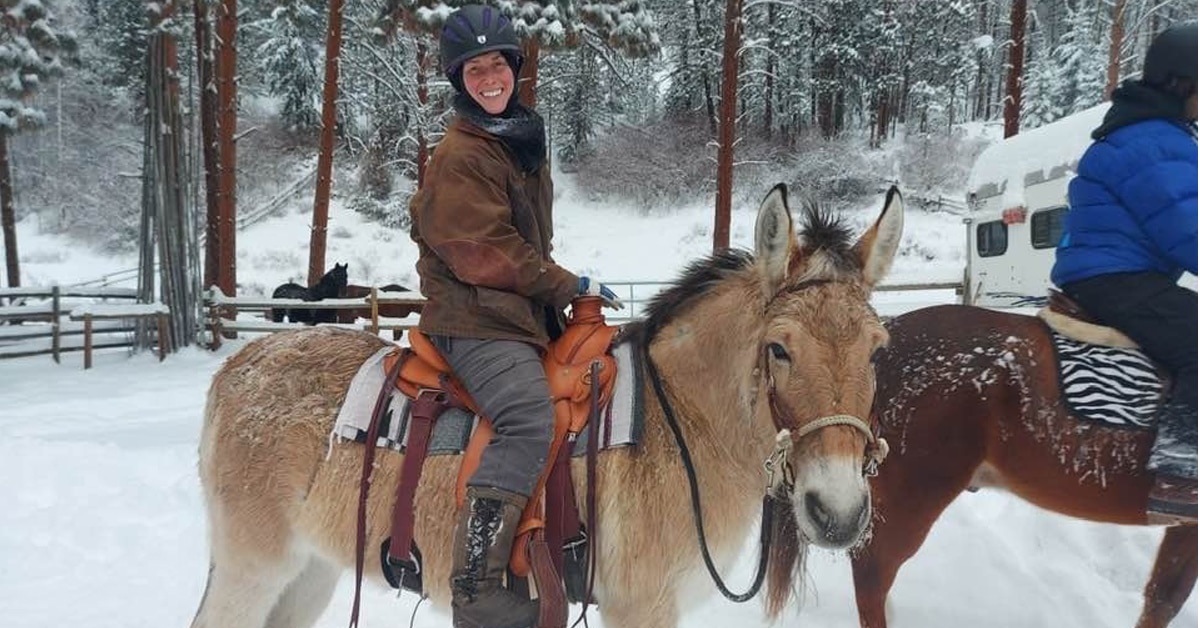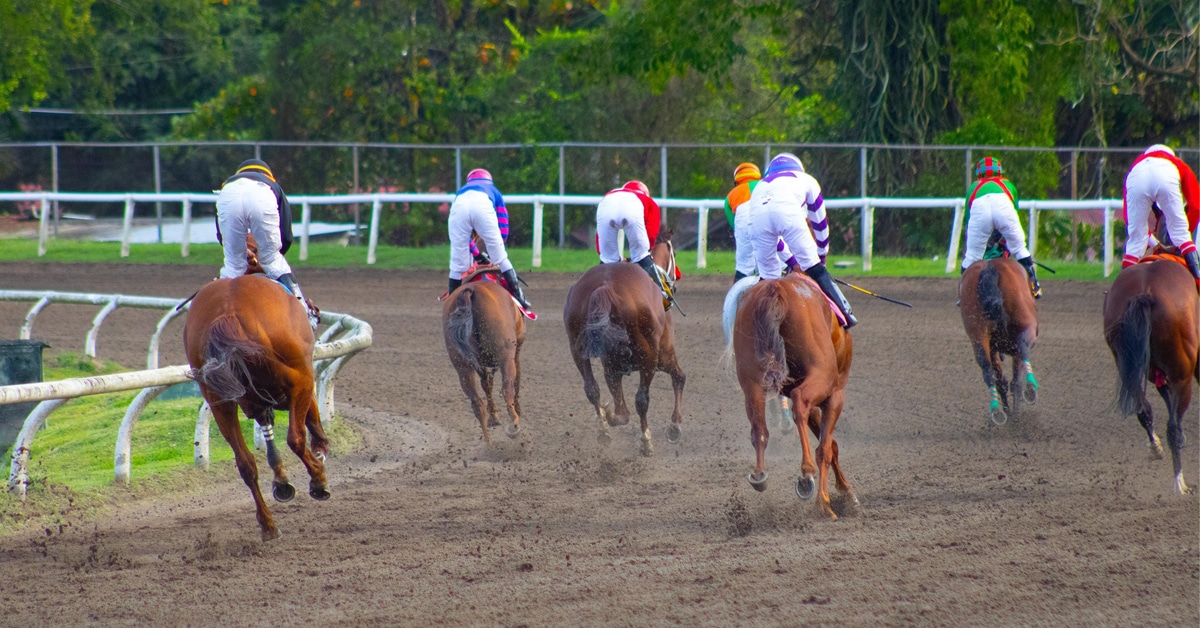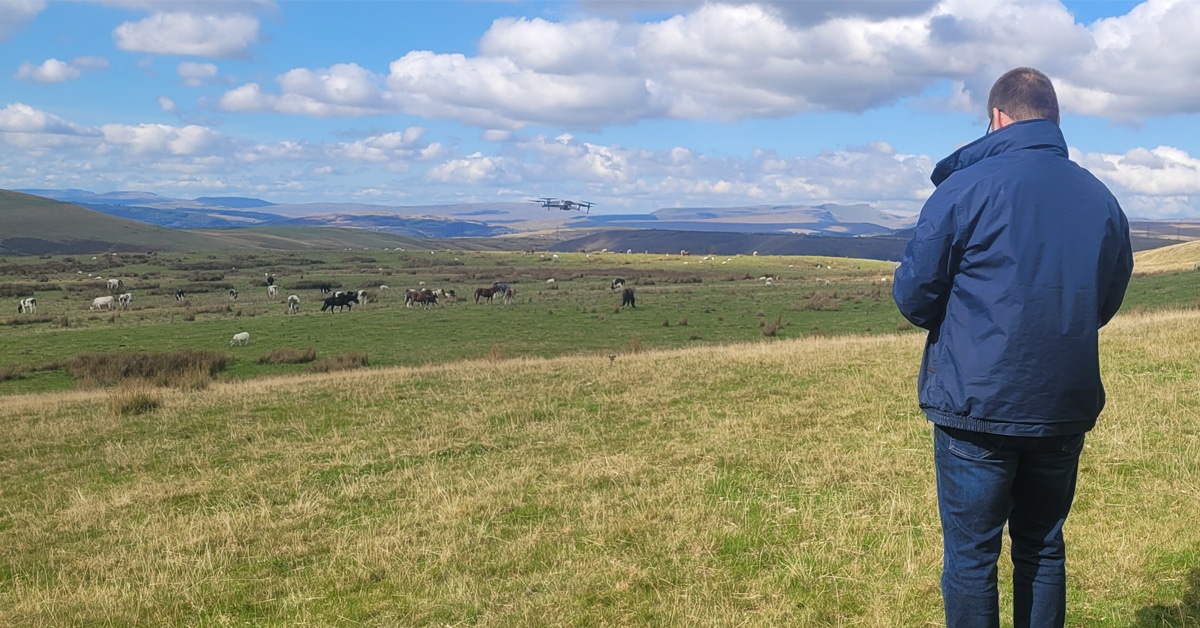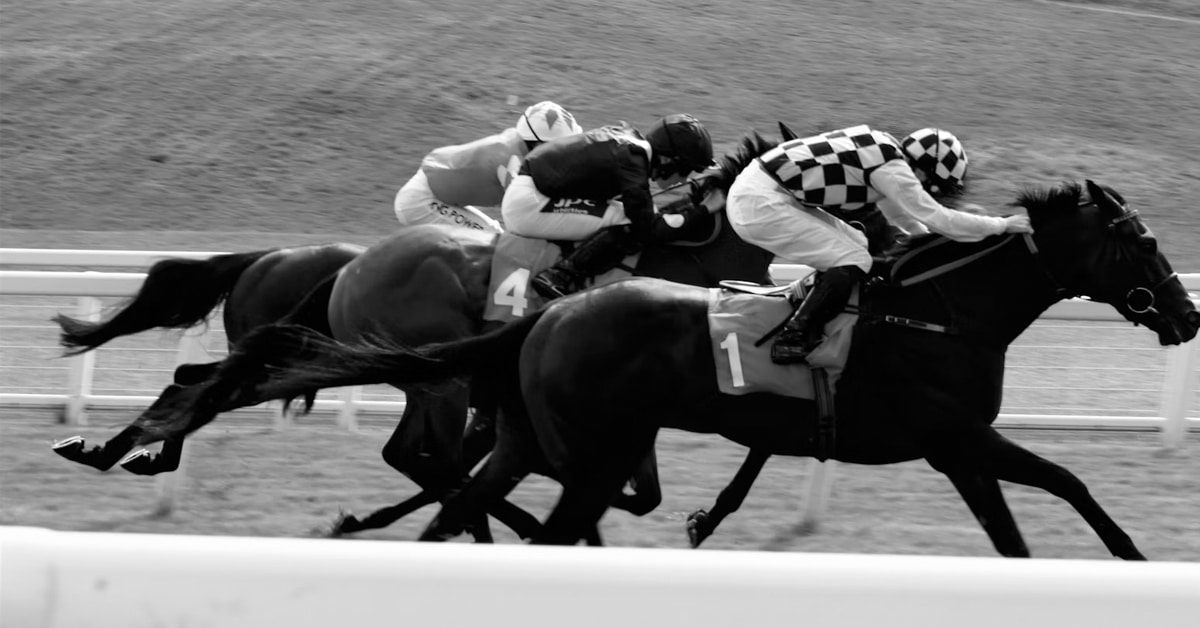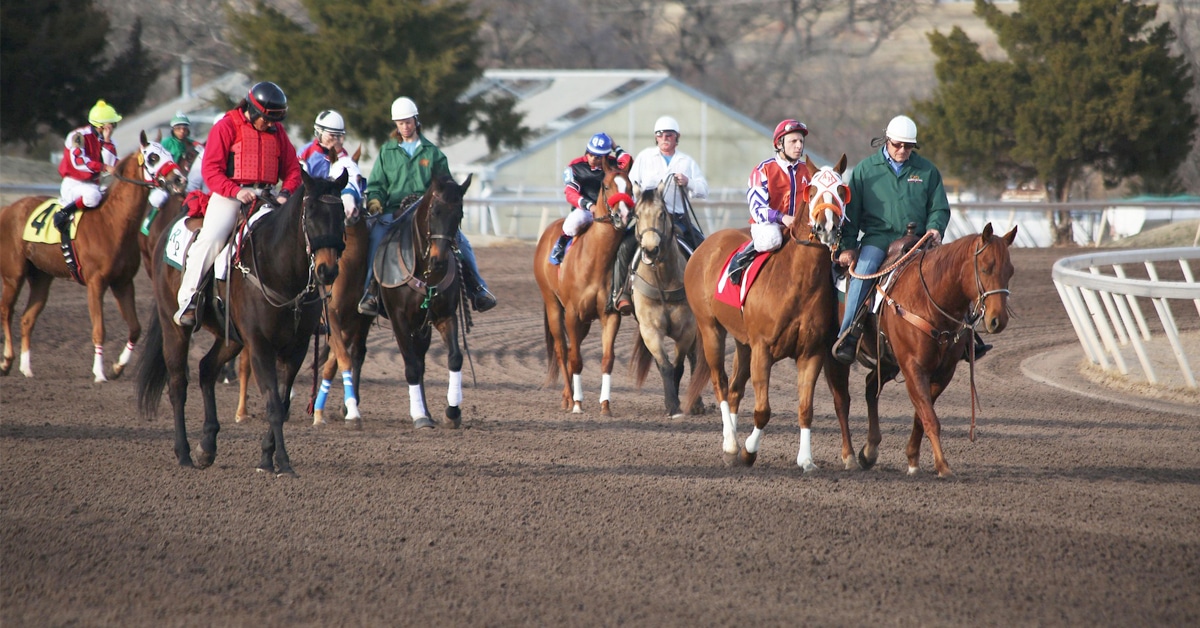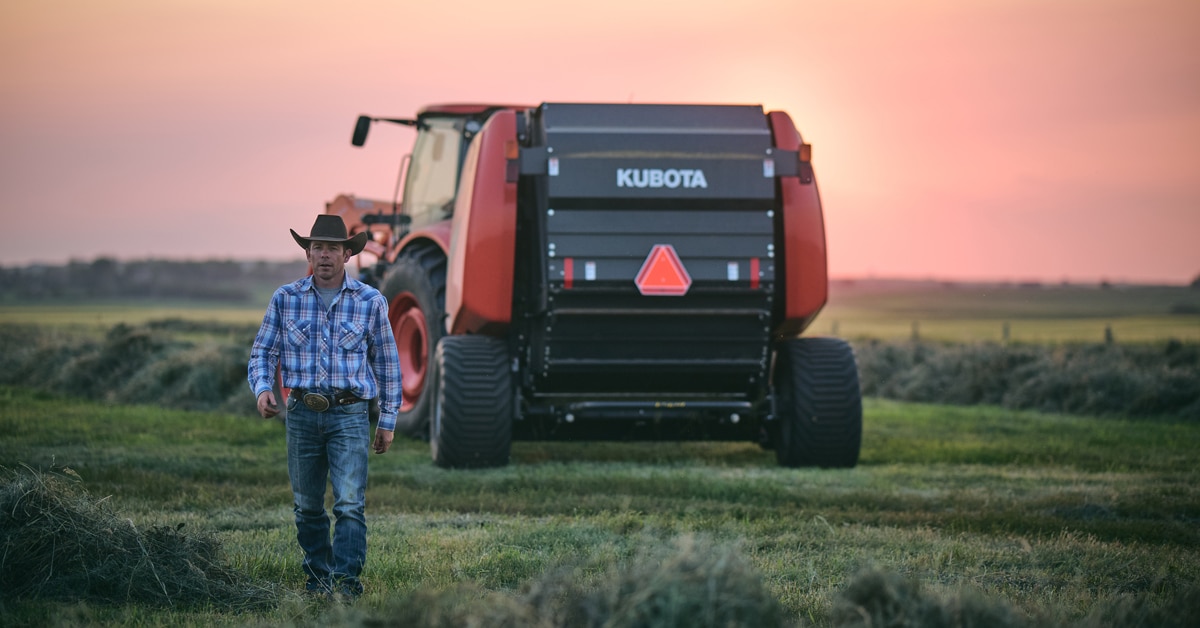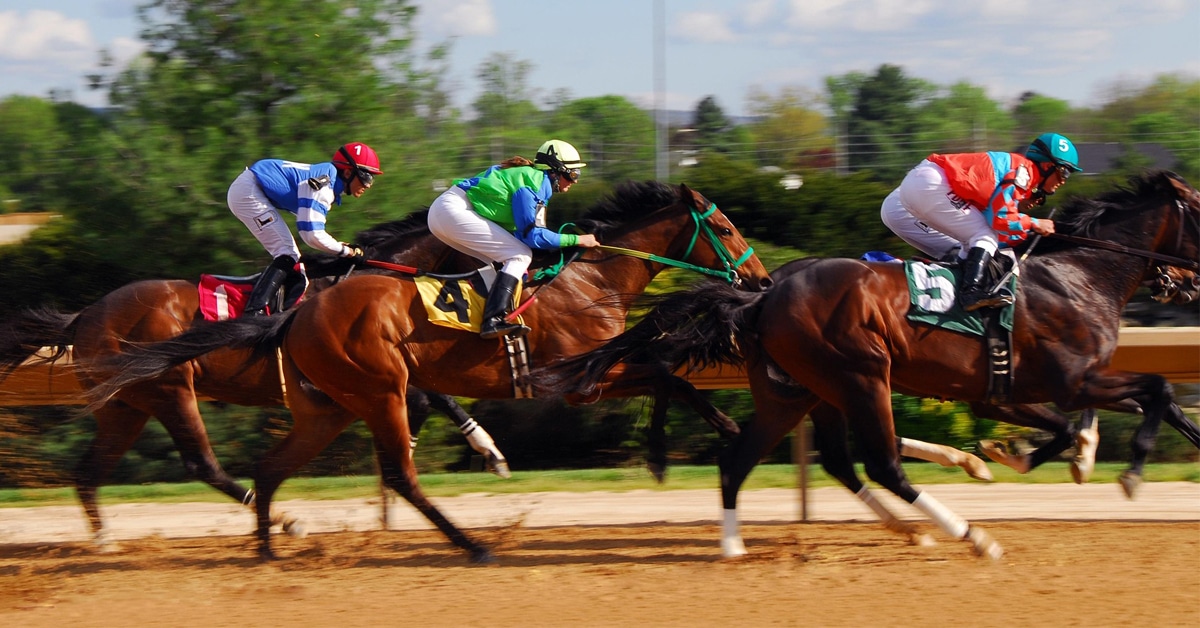At the end of 2019, the long-running dispute surrounding the carriage horses of downtown Montreal came to an end when the industry ban came into place. While it was the end of a quaint and nostalgic era, it was also the beginning of an uncertain future for the hard-working horses who pulled the caleches through the streets.
The City of Montreal and the Montreal SPCA created a placement program for former carriage horses in order to provide them a peaceful retirement, whereby owners who wished to place their horses in adoptive homes would receive $1,000 per animal in exchange for their surrender (the hope being that this fairly paltry sum would still be more attractive than the approximately $500-$800 they would receive from an abattoir.) The Montreal SPCA would then place the horses into adoptive homes approved by Galahad, the Quebec Association for the Protection of Horses. Potential adopters were vetted and had to commit to not selling the horse or using it for commercial purposes. As well, the horse’s former owner would be entitled to visit once a year. Horses not being adopted would be temporarily placed at one of Galahad’s partner shelters until an appropriate forever home could be found.
According to Anita Kapuscinska of the Montreal SPCA, the first surrender (and only to date) took place on November 3 of last year involving a 22-year-old mare named Sissi, who had been working the beat for 17 years. Two veterinarians from the Eastern Townships took her in, gradually getting her used to her new environment and especially the unfamiliar turnout, just a few hours at a time and always with a human to comfort her.

Sissi in her new home. (Montreal SPCA photo)
Sissi soon became friends with Peggy, a miniature pony. “We have eight horses here. Sissi is the biggest and she befriended the smallest!” said her adoptive family. Sissi also gets along well with humans and is curious about everyone, including children, dogs and chickens, and can’t resist an apple or carrot treat! Her former owner, Denis Murray, visits her and regularly asks for news and photos pictures.
“We’re hoping that other horse owners will contact us for placement as well,” Anita remarked of the program which runs until April 30, 2021.
It is believed that some horses have found alternate caleche work in Ottawa and Quebec City. One owner in downtown Montreal is holding out and taking the city to court. Luc Desparois of Lucky Luc gave up a few of the horses in his stable, but says he’s going to continue fighting the bylaw.
One facility where we know a number of lucky decommissioned caleche horses have landed is A Horse Tale Rescue in Vaudreuil-Dorion, QC. Winner of Horse Canada’s Heroes of the Horse Award last year (access the article here), Mike Grenier and his hard-working volunteers have taken in a total of nine retired carriage horses since the rescue opened six years ago, three in recent months. Five remain on the farm: Percherons Ulysses, Blanco, Maximus and Freddy, and Rusty, a Belgian.
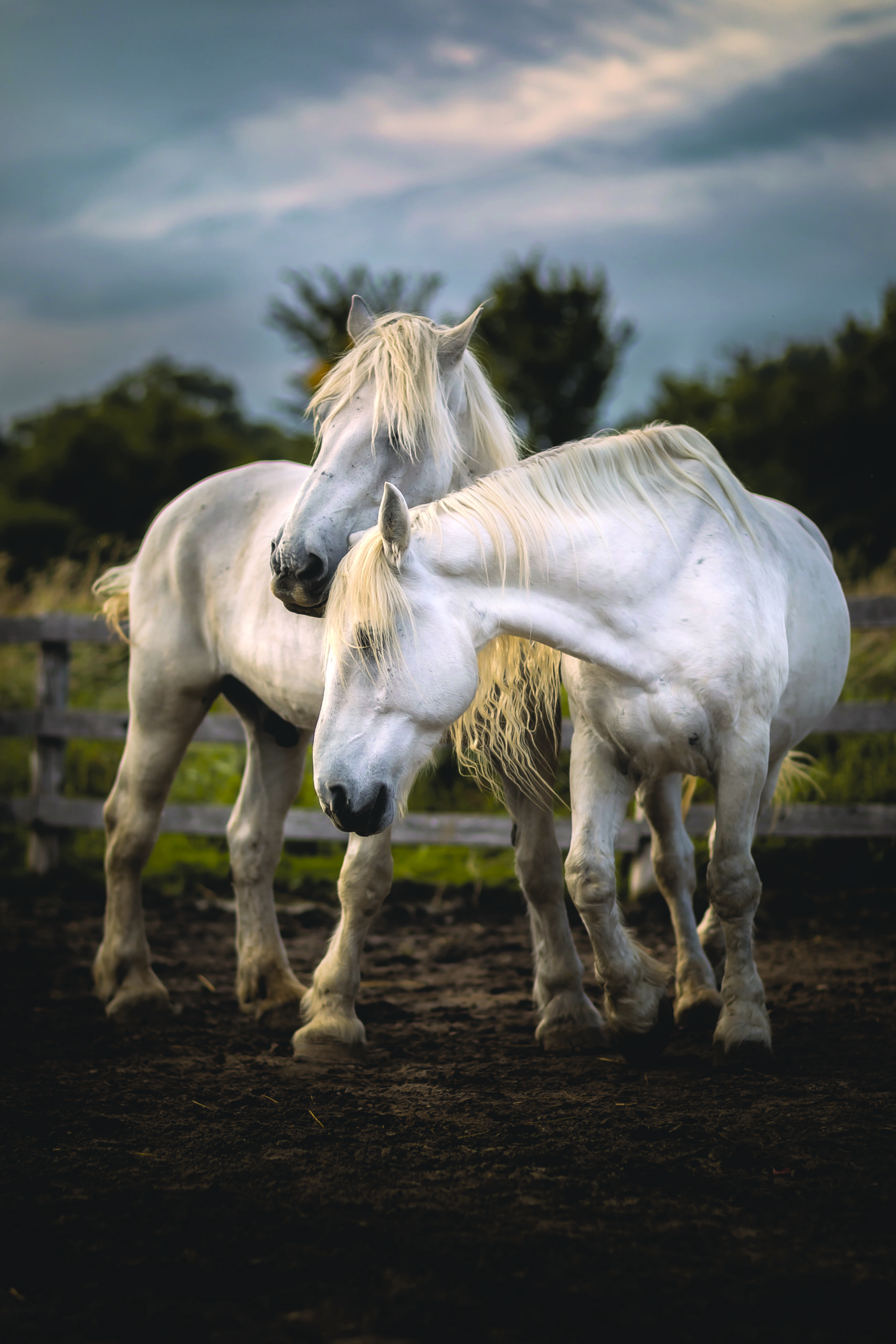
Ulysses and Blanco enjoying their retirement at AHT.
While rehoming is often the goal, it is not always feasible. For example, with the exception of Freddy, who is a relative youngster at age 10, the others are all in their mid- to late 20s. “All of the caleche horses that have come through, we’ve put into retirement purely because of their age and the work that they’ve taken on,” says Mike. “As far as I’m concerned, they’ve done their time. They’ve paid their dues. Plus we’ve built up an understanding of how to care for a 2,000-pound horse.” These gentle giants are certainly not the small and easy-keeping companion equines most adopters are looking for!
Despite their size, the ‘caleche club’ are very sweet, easy-to-handle animals. “They are one of the easiest horses to take in,” admits Mike. “They are bomb-proof because of what they’ve been through and what they’ve seen. They’re so easy to manage: out of the stall, into the cross-ties, doing their hooves. They’re the easiest to integrate into our herd that I’ve seen over the past six years and they fit in, where some other horses come in that are anxious. These guys are a joy.”
While the others are enjoying retired status, Freddy is currently under assessment to determine if AHT is the best forever home for him, given his age. His temperament is also being scrutinized. “It’s probably the first time he’s been involved in a herd; before he’s been either working or in a standing stall,” explains Mike. “So he needs to kind of feel it out and understand that you need to share and there’s others around and there’s a hierarchy. We want to make sure we understand, before we do put him up for adoption, so that we can relate exactly what he’s like to the potential adopters.”
Because horses that come to AHT are generally being surrendered for a reason – arthritic, age, health issues – and can no longer be ridden, while they are generously taken in, they do takes up the limited available space. The farm’s capacity is 12 to 13 animals, and they are currently at that number.
“The demand is there, so we have no choice but to grow,” says Mike, “We’re on five acres, but there is space right across the street from us. Phase one is building four five-acre paddocks and extremely large shelters that are elevated for drainage, and free water access all year round. From there hopefully by the fall maybe an arena, not for work, but if we need to bring the horses in to level, safe ground. Eventually a new barn to accommodate the humans as well as the horses. We have Help Build The Dream underway to raise the funds to do phase one it’s humbling to know that so many people respect and appreciate what we’re doing.”
*****
Horse-Canada currently has feelers out to determine the whereabouts of other caleche horses – if you have taken any in, or know someone who has, please email editor@horse-canada.com with the details.
The Latest
